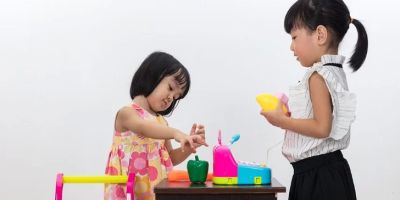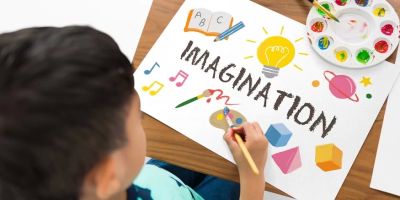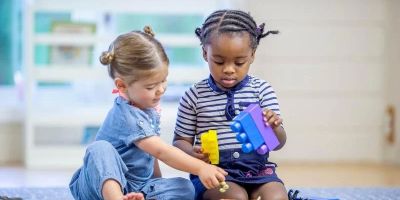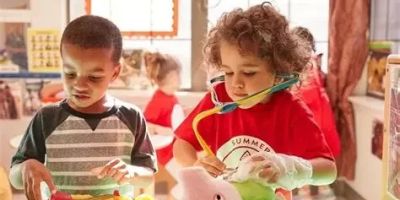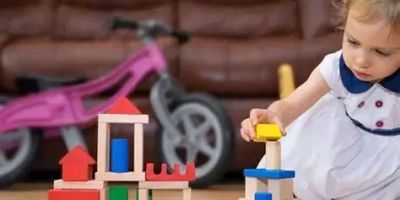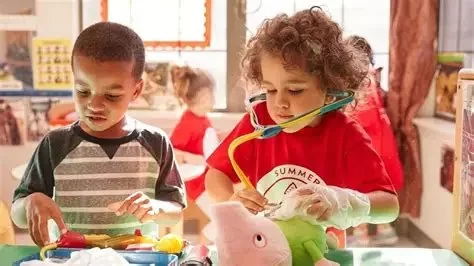
- why-role-playing-matters-in-childhood-development - Why Role-Playing Matters in Childhood Development
- cognitive-and-language-skills-shaped-through-play - Cognitive and Language Skills Shaped Through Play
- building-social-empathy-and-emotional-intelligence - Building Social Empathy and Emotional Intelligence
- boosting-confidence-and-creativity-through-imaginary-scenarios - Boosting Confidence and Creativity Through Imaginary Scenarios
- real-stories-that-prove-the-benefits-of-role-play-toys - Real Stories That Prove the Benefits of Role-Play Toys
- knight-toys-your-source-for-imaginative-growth - Knight Toys: Your Source for Imaginative Growth
1. Why Role-Playing Matters in Childhood Development
Role-playing toys are more than just fun distractions — they are powerful developmental tools. When a child picks up a toy stethoscope or dons a firefighter’s helmet, they’re doing more than pretending; they’re exploring identity, understanding the world, and learning how to interact with others.
The benefits of role-playing toys for children are both broad and profound. Research in early childhood education consistently supports the idea that imaginative play lays the groundwork for strong communication, problem-solving, and emotional regulation. In fact, pediatric psychologists often encourage structured role-play in therapy for these very reasons.
2. Cognitive and Language Skills Shaped Through Play
2.1 Problem Solving in Pretend Contexts
When children engage in make-believe scenarios — like managing a toy grocery store or planning a royal tea party — they’re constantly solving problems. How do they serve a customer? What happens when the princess runs out of cupcakes? These small puzzles enhance executive functioning and flexible thinking.
2.2 Vocabulary Expansion Through Imitation
Role-play introduces children to new words and sentence structures. For example, playing “doctor” can include terms like “temperature,” “injection,” and “prescription.” Kids absorb language faster when it’s used in meaningful, imaginative contexts. This builds not only vocabulary but also storytelling ability and comprehension.
2.3 Memory and Sequencing
Children practicing roles often recreate real-life sequences, like making a sandwich or going to the airport. This reinforces memory skills and helps them understand the importance of order and logic in daily life.
3. Building Social Empathy and Emotional Intelligence
3.1 Understanding Other Perspectives
One of the greatest benefits of role-playing toys for children is their ability to foster empathy. When a child plays the role of a teacher or nurse, they’re stepping into someone else’s shoes. This nurtures their capacity to understand feelings, recognize needs, and respond kindly to others.
3.2 Conflict Resolution Skills
Disagreements naturally arise in collaborative pretend play. Should the dragon be defeated or befriended? Who gets to be the captain today? These micro-conflicts offer low-stakes opportunities for children to practice negotiation, turn-taking, and assertive but respectful communication.
3.3 Self-Regulation and Emotional Expression
Through dramatic play, children explore emotions safely. A child may act out fear while pretending to fight a monster, or sadness when their toy pet gets “hurt.” This kind of symbolic expression is essential for emotional development and builds a foundation for healthy coping skills later in life.
4. Boosting Confidence and Creativity Through Imaginary Scenarios
4.1 Trying on Roles Safely
Role-play gives children the freedom to explore unfamiliar identities — astronaut, detective, chef — in a safe and empowering space. This boosts self-esteem, allowing kids to believe in their own competence and capability, even before they develop those real-life skills.
4.2 Unstructured Play Sparks Invention
Unlike screen time or structured games, open-ended role-play encourages spontaneous creativity. Kids invent plots, solve problems, and reshape the world on their own terms. These acts of creativity feed into confidence and help develop innovative thinking — a skill increasingly vital in today’s world.
4.3 Leadership and Initiative
Assigning roles, directing the scene, and deciding on the next adventure encourages children to take initiative. Over time, regular imaginative play promotes leadership qualities that serve children well in group projects, sports teams, and real-world collaboration.
5. Real Stories That Prove the Benefits of Role-Play Toys
5.1 The Vet Clinic That Built a Reader
One parent shared how their 5-year-old daughter, obsessed with her animal doctor playset, started asking how to spell words like “check-up” and “x-ray.” Her love for pretend vet care soon led to reading simple animal care books. Today, she’s reading chapter books ahead of grade level — all sparked by a role-play toy.
5.2 From Shy to Storyteller
A quiet kindergartener was transformed by a pirate ship playset. Initially hesitant to speak in groups, he started creating elaborate stories about sea monsters and treasure hunts. His teachers noticed he began speaking up more, and even started leading classroom discussions during free play.
5.3 Sibling Harmony Through Shared Play
A mom of three shared how a shared knight-and-princess castle set became the common ground for her kids. Instead of fighting over toys, they began cooperating on missions to save magical kingdoms — learning how to collaborate in the process.
6. Knight Toys: Your Source for Imaginative Growth
At Knight Toys, we believe the best toys don’t just entertain — they empower. That’s why our curated collection of role-playing sets is designed to unlock creativity, communication, and confidence in every child. Whether it’s a firefighter’s tool kit, a fairy queen’s costume, or a full medieval knight’s adventure set, we focus on products that nurture holistic development through play.
Our toys are parent-tested, educator-approved, and most importantly, kid-loved. When you’re looking to invest in your child’s emotional and intellectual future, Knight Toys is the trusted partner in play. Explore our range today and let the stories begin.

